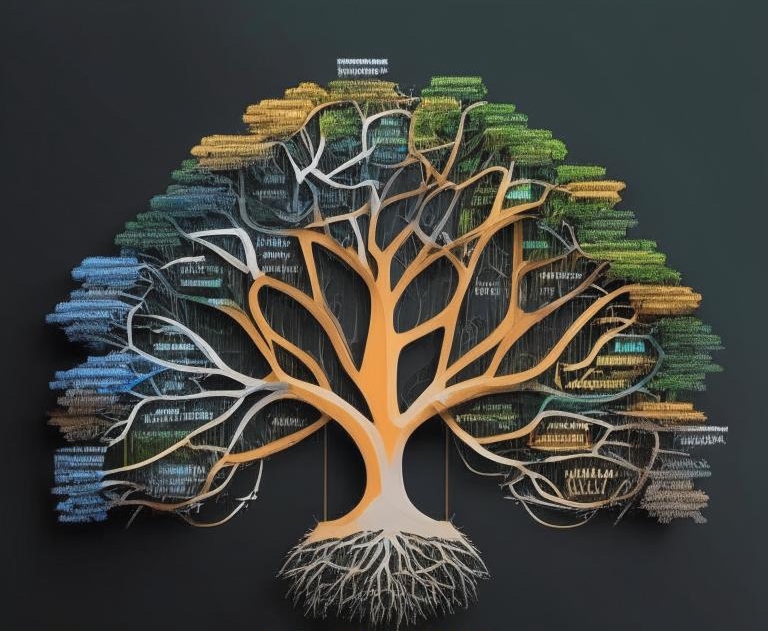Verification and the Theory of Fact
by Rudolf Carnap and Moritz Schlick
Verification, Scientific Language, and the Theory of Fact (1920-1950s)
The second stage was developed by members of the Vienna Circle, such as Rudolf Carnap and Moritz Schlick. They introduced the concept of verification, according to which a statement is meaningful only if it can be empirically verified. Carnap, in his work The Logical Syntax of Language (1934), wrote:
“Only that which can be empirically verified is meaningful for science.”
This led to an emphasis on language as a tool through which facts about reality can be known and verified. Language was seen as a means of structuring knowledge, which had to be clear and unambiguous to serve scientific purposes effectively.
This stage also includes the theory of fact, developed by Lawrence Henderson, the teacher of Talcott Parsons. Henderson argued that a fact is a statement about experience, formulated within a conceptual framework. In his work The Order of Nature (1917), he wrote:
“Without a conceptual scheme, facts do not exist; they exist only as elements organized by language.”
Thus, language and conceptual frameworks determine which distinctions will be considered significant and which facts will be recognized as valid. Henderson emphasized that a fact cannot be regarded as something that exists independently of the language that describes it.
linguistics verification language fact philosophy
